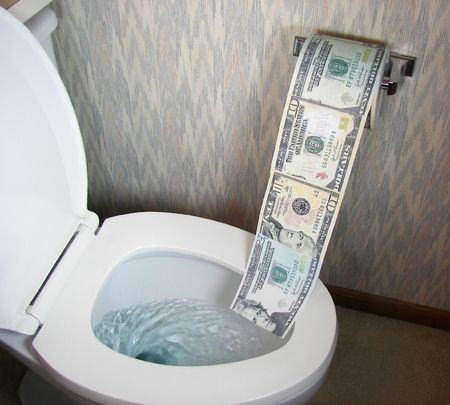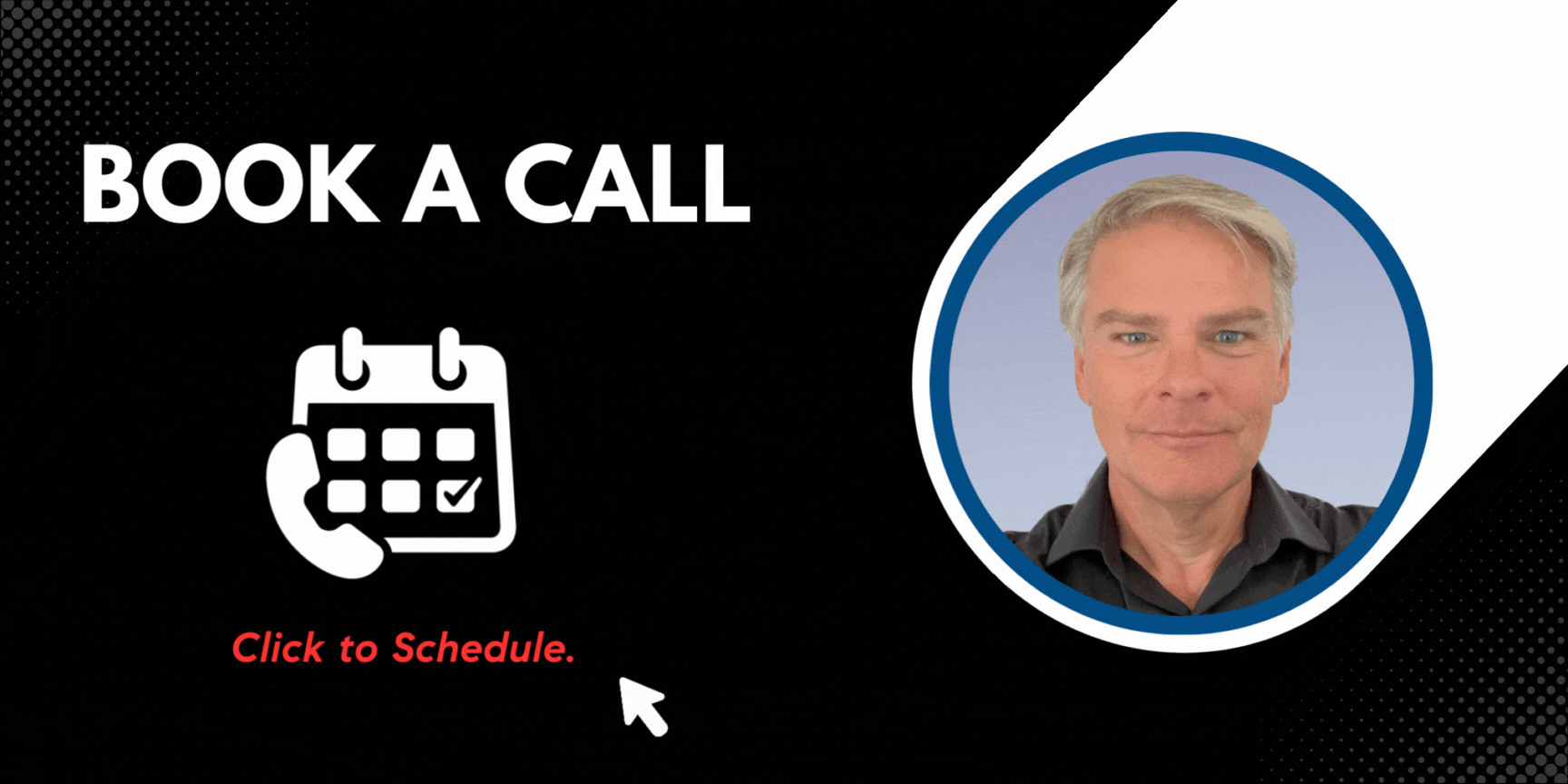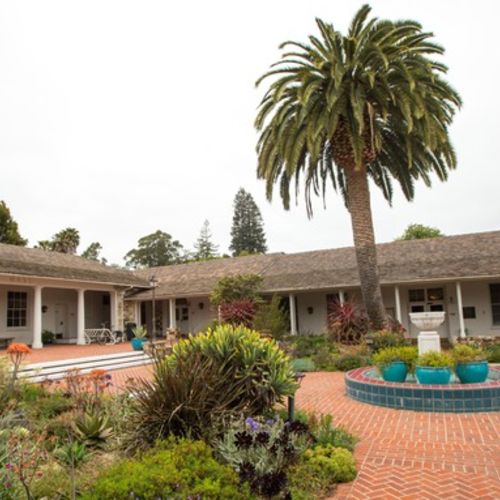Today was a happy day for a client of mine: he signed his loan documents today! It took over an hour and a quarter (signing two sets of loan documents, for the first and second loan – better make sure your pen has a lot of ink!). After the buyer signs loan documents, there’s only a brief delay (typically just a couple of days) before the loan funds and the title records under the new ownership. It’s pretty much the last thing the buyer does before he picks up the keys.
The first thing that the lender did was go over the Settlement Statement with my buyer, explaining to him what all the charges were for. I’d already gone over an estimate of the statement with him before, but it never hurts to go over everything again, one last time, so that the buyer knows where all the money comes from and where it’s going to.
In this case, the sellers had agreed to paying $6,000 of the buyer’s closing costs. That’s a common practice, by the way – many sellers will agree to help pay the buyer’s closing costs, if that will help them sell the property. In this case, we gave them a full-price offer, minus the $6K we wanted back to pay the buyer’s closing costs. The buyer was using 100% financing, and he wanted to conserve his cash to make some upgrades to the property after he bought it.
When a seller credits a buyer with closing costs, however, they can only credit for non-recurring closing costs. There are other costs, “recurring” closing costs, that legally the seller cannot pay. What is the difference between the two? Non-Recurring Closing Costs (NRCC) are one-time fees associated with buying the property: loan costs, fees (appraisal, etc.), points – and title, and escrow fees. Unless the buyer decides to buy down the loan rate with points, the NRCC will be around 1% to 1.5% of the purchase price. In this transaction, the NRCC came to just about $6500 – so the seller’s $6,000 credit almost paid for all my buyer’s NRCC.
But wait – there’s more. There are also “recurring” closing costs, which aren’t actually closing costs. These are things like property tax, insurance, homeowner’s fees, and pre-paid interest. The buyer will often be required to pay these things up-front for a period of time (from 1 to 6 months, perhaps) at the time of he takes possession of the property. This is money the buyer would have to pay just as a course of owning the property and don’t pertain to buying it, par se. These costs are due at close-of-escrow, which is why they are called “closing costs” although it’s somewhat of a misnomer.
One nice thing is that since the seller paid $6,000 of my buyer’s NRCC, and since my buyer was using 100% financing, he will receive nearly all of his 3% cash deposit back from the escrow company at the end of the transaction. This is the money he’s going to use straight away to make his new home a little more comfortable. When it comes time to buy your property, remember to ask your Realtor to work hard so that the seller pays your NRCC. You’ll be glad you did!



